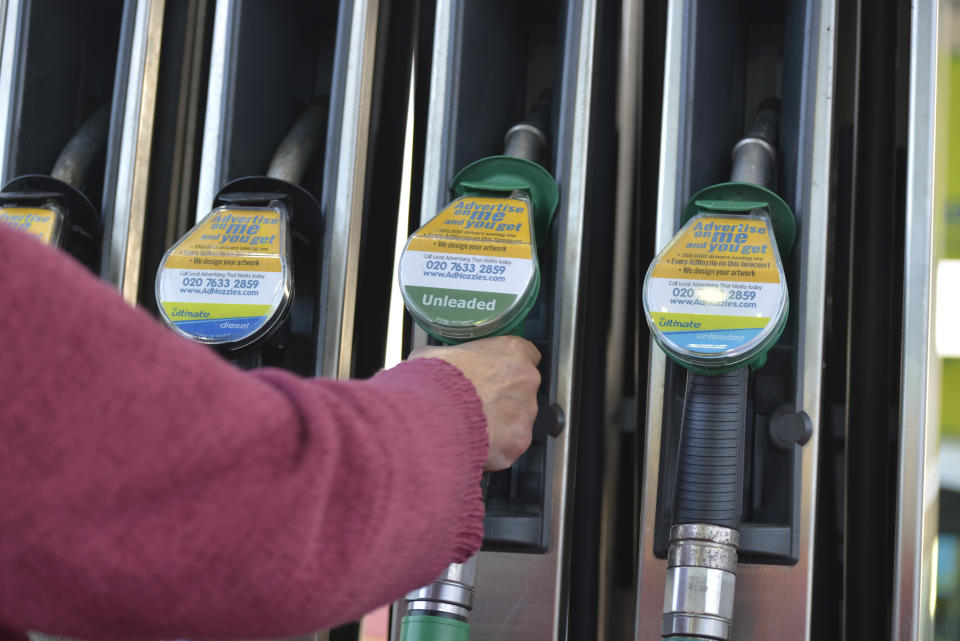Coronavirus: AA claims essential workers being ripped off at petrol pumps

British motoring association AA claims that essential workers, such as National Health Service (NHS) staff, are being ripped off by petrol companies as they are not lowering prices as quickly as they are crashing.
The AA said: "Questions will be asked about the fairness of pump prices during the great oil crash of 2020.”
Oil prices have had volatile swings over the last week. One of the US benchmarks, US West Texas Intermediate crude futures (CL=F), temporarily crashed into negative territory for the first time in history meaning prices, at one point, were -$13.75 per barrel. Meanwhile, the international benchmark Brent oil futures (BZ=F) — which is more applicable to Britain — hit lows not seen since 1999, before recovering slightly.
Read more: Coronavirus: Why negative or super low crude oil prices won't mean free or 1p petrol
Market activity for oil has prompted questions over whether they are reflected at petrol pumps since prices have remained around the £1.10 mark for unleaded petrol during this time.
The AA says, by its calculations, that drivers are being over overcharged by more than £5 ($6.08) a tank of fuel.
It points out that each litre sold of petrol includes fuel duty at 57.95p a litre. On top of that, value-added-tax (VAT) is applied. It says this should leave a retailers’ margin of 9p a litre, making the average price of petrol at the pump around £1 a litre when the wholesale price comes in at 16p. However, the pump price is higher by about 10p because retailers “need to charge 10p a litre more to offset the lower volumes of fuel they are selling.”
When crude oil first started to crater over a month ago, due to fears of a supply glut and demand destruction from the coronavirus pandemic, supermarkets such as Morrisons (MRW.L) and Walmart’s (WMT) Asda repeatedly reduced their fuel prices, even in cuts of 12p per litre for petrol and 8p per litre for diesel.
But prices at the pump are not a perfect reflection of the oil markets. The physical asset value isn’t the direct translation to what we see at the pumps and in a major downturn, companies will be looking to recoup losses.
On top of delivery and importing/exporting costs, overheads for running a petrol station plus government taxes and a profit margin for the seller all need to be accounting for.
Watch the latest videos from Yahoo UK

 Yahoo Finance
Yahoo Finance 
